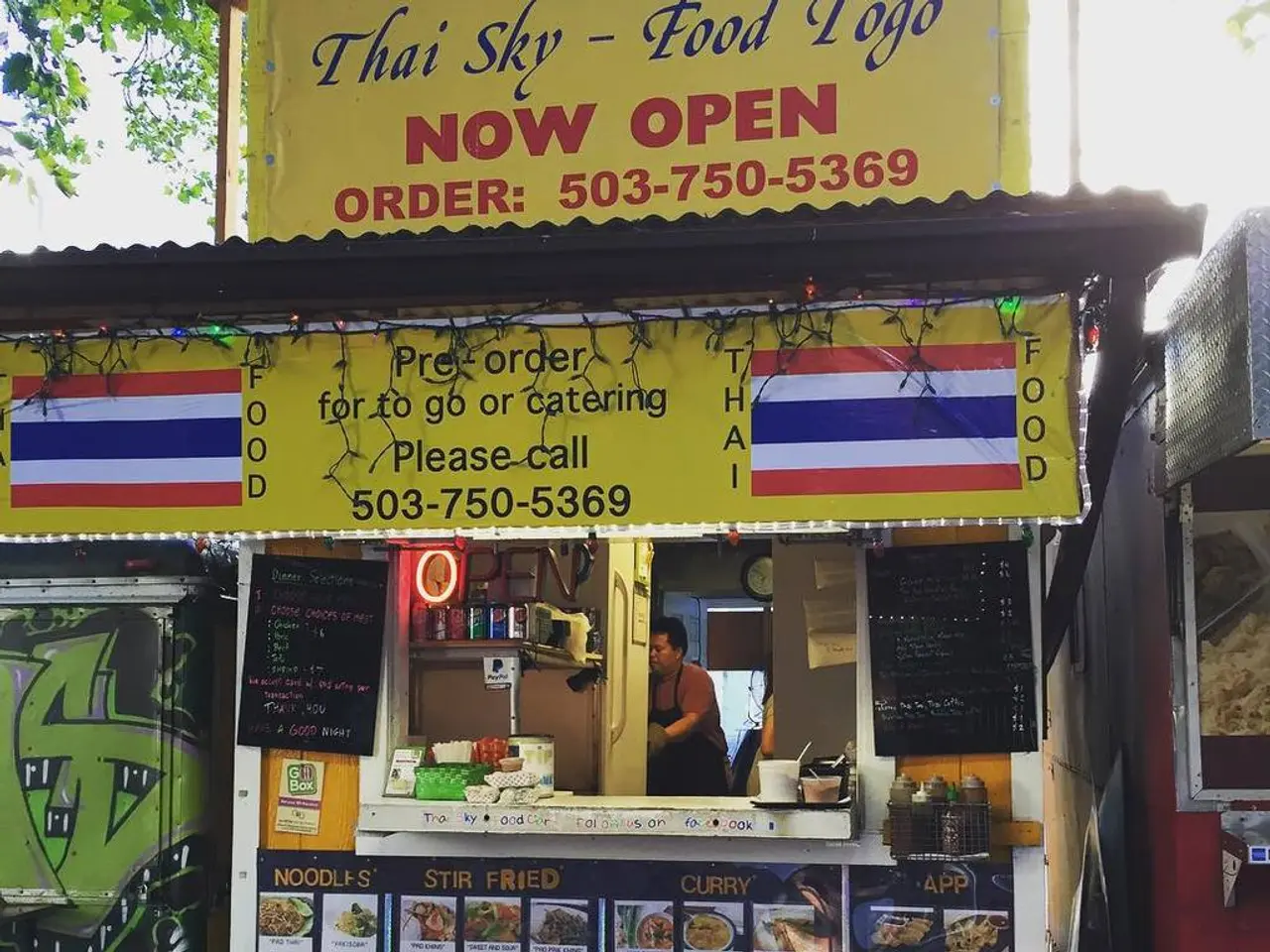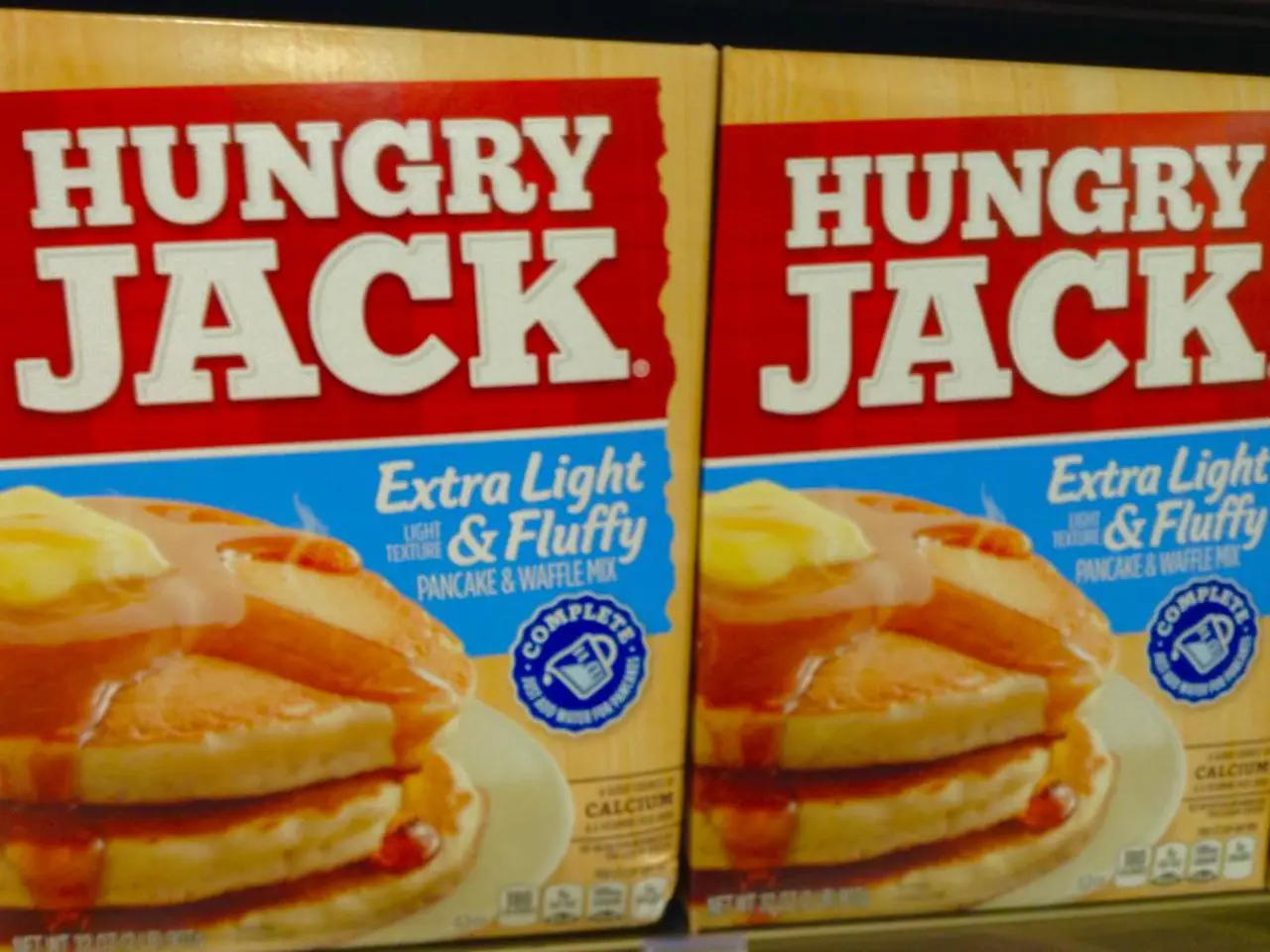With Trump pursuing an agreement with Putin, is there a possibility for Western businesses to re-enter the Russian market?
With discussions about ending the war in Ukraine bringing up the possibility, many are wondering if the mass exodus of corporations from Russia following the 2022 invasion could be reversed, especially if sanctions are eased. As of now, it appears unlikely, given the persistent broad Western sanctions. However, if the U.S. Trump administration decides to relax restrictions, it could open up opportunities for some businesses to re-enter this once high-growth market.
So, who left, and how did they exit? More than a thousand companies, including giants like McDonald's and Mercedes-Benz, left by selling their assets, giving control to existing managers, or abandoning property. Others, such as Danone and Carlsberg, encountered asset seizures and forced sales. Companies like Procter & Gamble, PepsiCo, and Mondelez opted to stay on humanitarian grounds, continuing to supply basic goods to Russian consumers.
When companies left, they often made provisions to buy back their assets in the future. Renault, for example, sold its Russian carmaker stake for just one ruble, with the option to repurchase within six years.
After constructive talks between U.S. and Russian officials, some industry experts expect U.S. companies to return by the second quarter of the year. The most probable early returnees would likely be retailers and food producers, rather than businesses in sectors such as energy and finance.
Some industry insiders believe major oil companies, which were previously successful in Russia, will eventually return. Meanwhile, senior Russian lawmaker Anatoly Aksakov believes Visa and Mastercard will reinstate their payment services soon. However, these companies maintain that their suspensions remain in effect.
The exodus of Western corporations was met with widespread condemnation, with hundreds of companies, including Carlsberg and Unilever, issuing statements in solidarity with Ukraine. Should Russia secure gains in the conflict, companies that have criticized Moscow may face reputation damage when considering a return.
A few sectors are considered off-limits, such as supplies for both military and civil applications. As a result, Boeing and Airbus ceased delivering planes and spare parts to Russia. Other restricted goods include semiconductors, telecom equipment, and electronics.
Russia has adapted effectively to the absence of major Western brands, with local alternatives filling the void. For instance, more than 800 McDonald's restaurants in Russia now operate under the brand Vkusno & tochka (Tasty & that’s it). Recapturing the market may prove difficult for Western carmakers, as Chinese competitors have gained more than half of the auto market share in the past three years.
The Russian government shows no signs of welcoming Western companies back with open arms. Previous tactics to control foreign assets include presidential decrees and court rulings, forcing exiting companies to sell at a significant loss. Convincing investors to return to Russia may take time, given the current political climate.
In conclusion, the reversal of the corporate exodus from Russia is plausible if sanctions are eased, but several legal, regulatory, and market-related hurdles make it less than certain.
Despite the potential for sanctions easing, Ukrainian carmakers might still face substantial losses due to the increased market share of Chinese competitors in Russia. If the U.S. Trump administration agrees to relax restrictions, it could potentially open opportunities for some businesses to re-enter the Russian market, much like how Renault sold its stake for a symbolic price with the option to repurchase within six years. However, the Russian government may continue to enforce Presidential decrees and court rulings, forcing exiting companies to sell at a loss, making convincing investors to return a challenging task.





